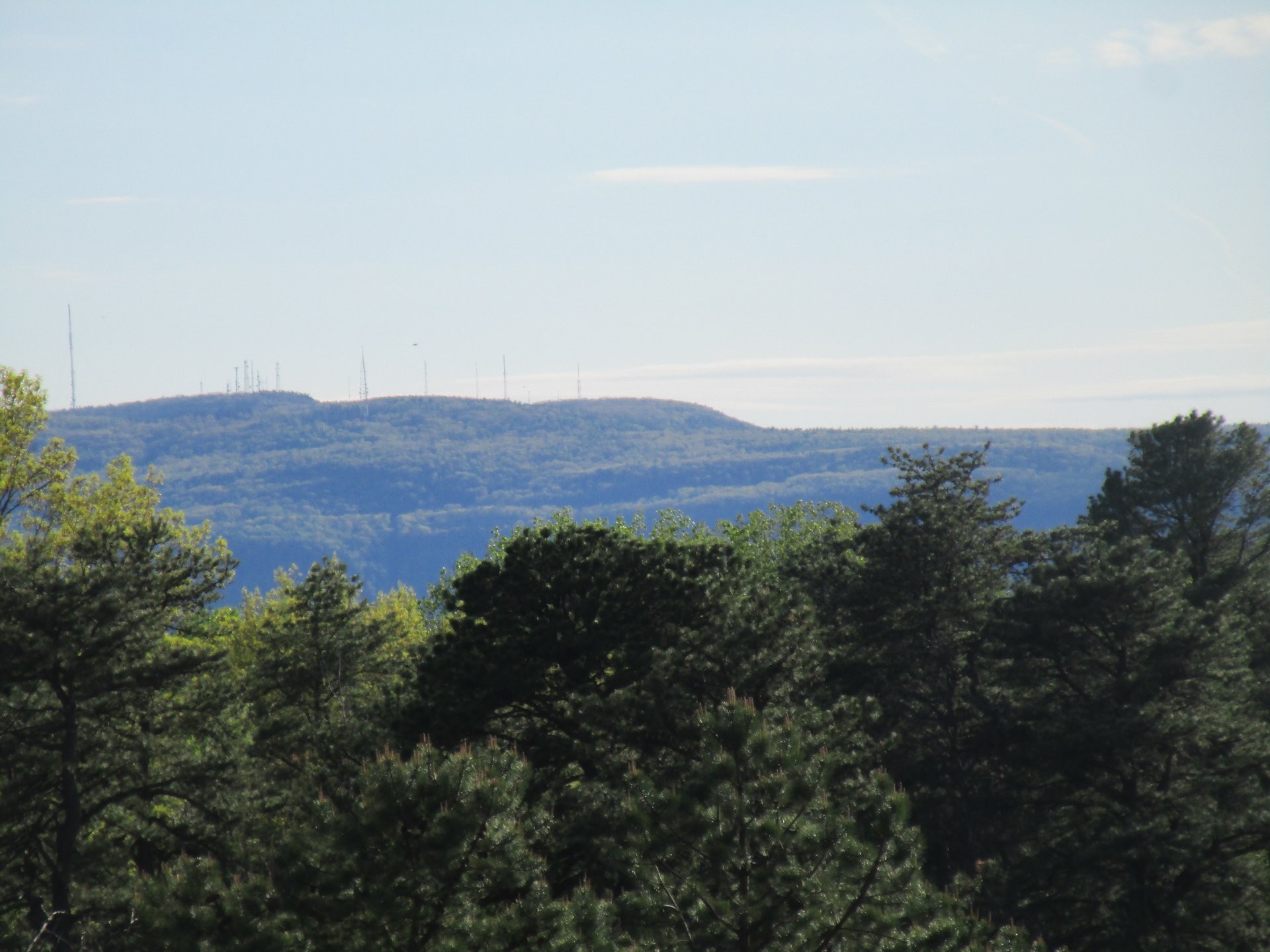ALBANY, NY: Christian Grigoraskos of the Extinction Rebellion Capital Region spoke at the February 19th SPB dinner on the topic of Climate Change: Heading for Extinction (And What to Do About It).
Before he began, Lynne Jackson provided an update on the various proposals Crossgates has pending in the Town of Guilderland. Lynne said the PACE Environmental Litigation Clinic is representing SPB. Attorney Steve Downs added that SPB is the community organization that expanded the legal concept of standing by asserting and winning in court that SPB loves something more than the general public.
Christian, age 36, began by having each dinner attendee say our name and something we love about the Earth. He said, “I am a tree freak to say the least.” Extinction Rebellion (XR), he said, aims to solicit government action for climate and species protection. XR uses non-violent civil disobedience, tells the truth and acts as if the truth is real. He said there is no other planet like the Earth and encouraged us to take time to connect with the earth. He grew up on Long Island where “little is natural anymore, except the streets named after trees.” He studies permaculture. “Humans,” he said, “are over-polluting the Earth and the planet cannot handle it.” “XR is about monkey-wrenching the system and setting up something better.”
He recommended three sources of information: reports of the Intergovernmental Panel on Climate Change (IPCC), peer-reviewed research articles, and the opinions of renowned scientists. It has been nearly 125 years, he said, since Svante Arrhenius, a Scandinavian scientist, first identified that increasing atmospheric CO2 concentrations would warm the planet.
“We need a diversity of strategies,” he said, “to confront climate change.” The atmospheric concentration of CO2 is now 415 parts per million (ppm), the highest amount in hundreds of thousands of years. He displayed a chart showing the wealthiest ten percent of people produce one-half the world’s emissions while the poorest fifty percent cause ten percent.
He labeled Pennsylvania and West Virginia as “franking kingdoms.” Tremendous extremes are now common, one being the heavy rains that quickly followed the fires in Australia. Extreme weather events are more frequent due to climate breakdown. “The very survival of all civilization is now at stake,” he said.
Among the known feedback loops are Arctic ice melting, forest fires, and permafrost releases of methane that cause more permafrost losses. He insisted, “We still have much to learn about the Earth.” Mammals and birds, he said, have been particularly hard hit in recent decades, with enormous numbers of species extinctions.
He then asked what do we do about it. He said much of the guidance from elders for the next generation has been lost. Global warming emissions are up sixty percent since the first IPCC report, environmental degradation is at an all time high, fossil fuel government subsidies world-wide run more than a trillion dollars annually, major corporations own major world governments, and our life support system is being plundered for profit.
He quoted Greta Thunberg who said “We cannot win this by playing by the rules.” He mentioned the successful liberation movements of Mohandas Gandhi and Martin Luther King, JR., and the research of social scientist Erica Chenoweth, who studies non-violent civil resistance. “Non-violent mass civil disobedience is now our best hope,” he said. Ms. Chenoweth has concluded that if a minimum of 3.5 percent of the population is mobilized, social change movements can be victorious. He said non-violence can involve all people. Getting arrested is part of the XR strategy but not every one can do this, and whites can do it easier than people of color.
The four demands of XR are (1) to declare a climate and ecological emergency, (2) halt diversity loss and go carbon neutral by 2025, (3) create Citizens’ Assemblies for climate and ecology, and (4) prioritize the most vulnerable. The second goal means that intact wildernesses can no longer be destroyed, one reason being healthy environments can spread out, stimulating environmental renewal. The third goal comes from the belief that a new process is needed. Thee fourth goal would include protecting low lying islands and heavily impacted places such as Puerto Rico. He said that XR does not have the policy solutions.
Christian said XR works from the assumption that everyone is equal, XR promotes a regenerative culture, XR began in the United Kingdom, and he identified upcoming XR events including a treebellion. His own personal therapy is to interact with nature.
Lynne Jackson led off the discussion saying she liked Christian’s statement that we should not allow another square inch of natural land to be destroyed. In response to a question about what does monkey-wrenching mean and what are its consequences, he said making it too expensive to ignore us, shutting bridges, being a loud voice, getting attention, and being both thoughtful and disruptive. Grace Nichols mentioned the then-occurring rail transport shutdown in Canada by indigenous people to block fossil fuel expansion a positive event.
Claire Nolan said a continuing problem is businesses moving to locations without public transit leading to a greater need for cars. A man who spoke at a 1970 Earth Day event, and has extensively studied climate, said little has so far been done to reverse climate change, and it so too late to start now. Christian responded saying “You’re statement assumes humans sufficiently understand climate change causes and impacts.”
Published in April/May 2020
Save the Pine Bush Newsletter
